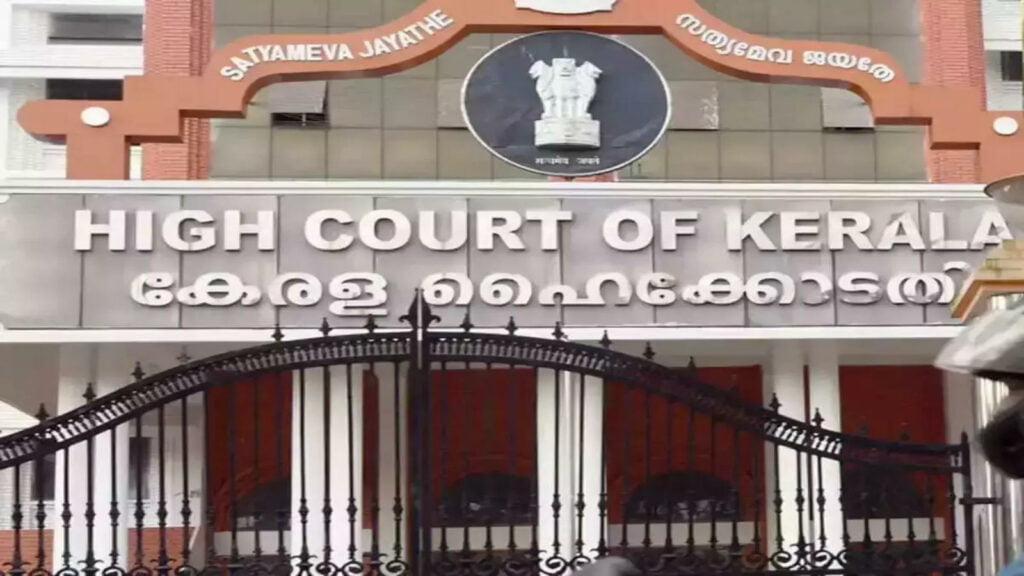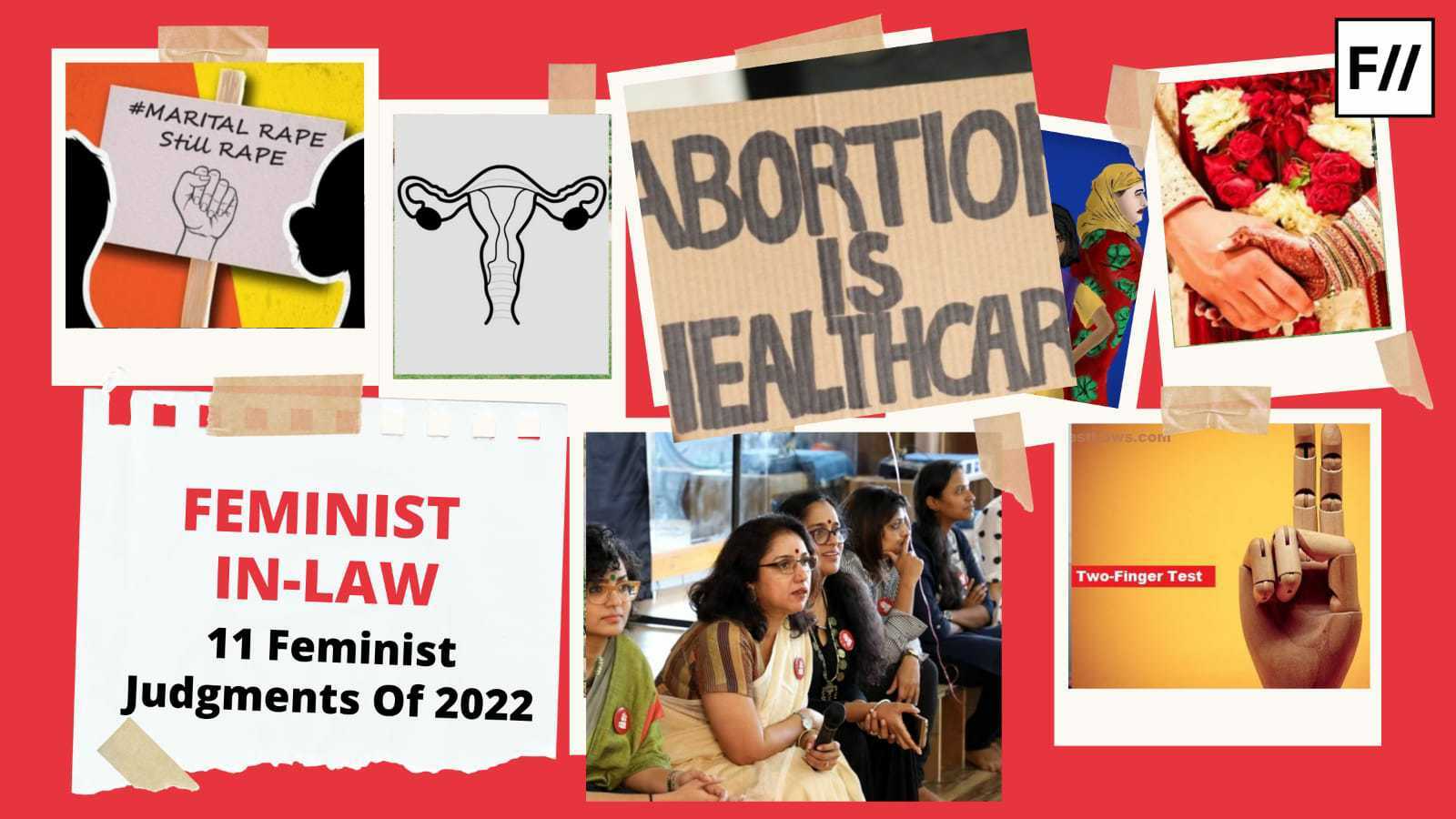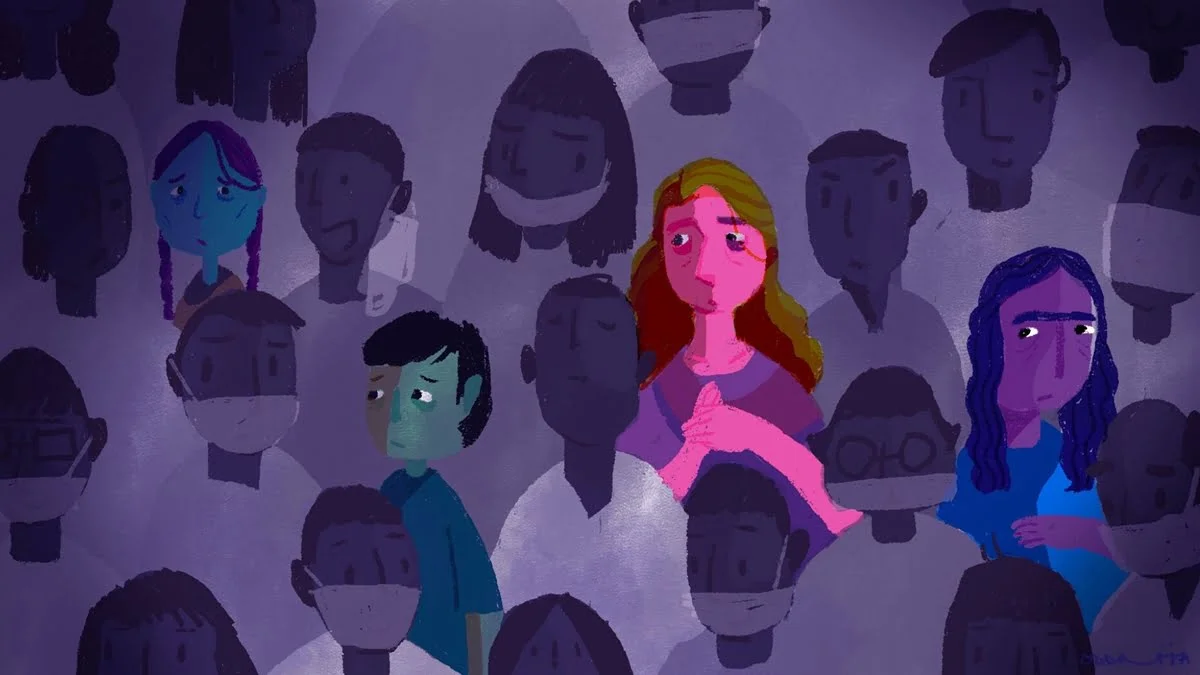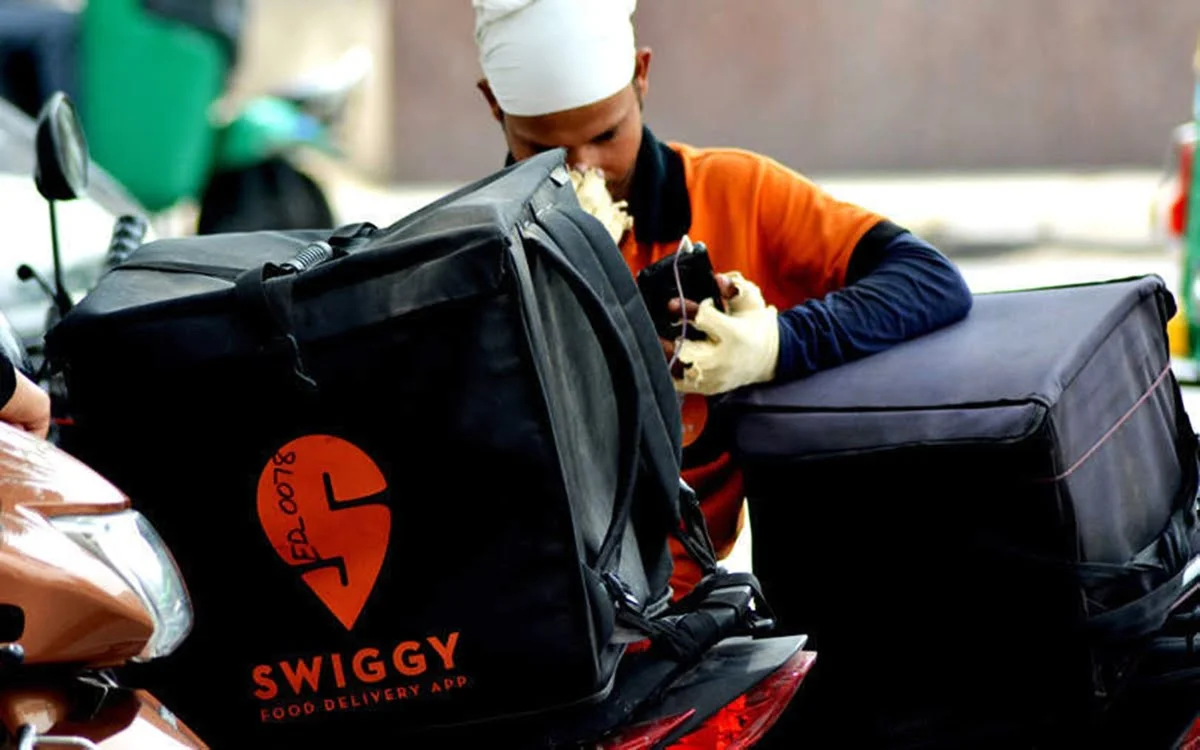The year 2022 has seen the continued impact of the COVID-19 pandemic. Restrictions imposed due to the spread of COVID-19 have been lifted, allowing people to get back to living their lives as they were before. At a time when things are looking up, and optimism is on the rise, certain progressive rulings from the Supreme Court and other high courts have served to bolster that sense. These progressive judgements by the courts help us keep faith in the legal system and keep moving forward in the right way.
1. Rape-victim’s statement should not be disclosed before charge-sheet filing
The Supreme Court, in a recent matter, reiterated that until a charge sheet or final report is submitted, the statement of a rape victim made as per Section 164 CrPC should not be divulged to anyone, including the accused.
The SC bench further recommended that the High Courts change or modify the Criminal Practice and Trial Rules in a way that incorporates provisions compatible with the decisions’ directives.

The Court consequently agreed with the counsel’s opinion that the Practice Rules established by various High Courts must contain and incorporate clauses in line with the legal principles stated in the aforementioned decisions.
2. No restriction on a woman’s right to exercise her reproductive choice
The Kerala High Court permitted a 23-year-old college student to terminate her pregnancy, stating that women have the liberty to procreate or not. A single bench of the high court made the decision after hearing an MBA student’s request to end her roughly 27-week pregnancy medically.
“This court has time and again deprecated the use of two finger test in cases alleging rape and sexual assault. The so-called test has no scientific basis. It instead re-victimises and re-traumatises women. The two-finger test must not be conducted, and the test is based on an incorrect assumption that a sexually active woman cannot be raped. Nothing can be further from the truth.”
Supreme Court of India
Due to the Medical Termination of Pregnancy Act 1971, no facility was willing to terminate the pregnancy at such an advanced stage. She requested court intervention. “There can be no restriction on a woman’s freedom to exercise her reproductive choice to either procreate or to refrain from procreating,” the court declared, allowing the woman to terminate her pregnancy at any hospital with the Medical Termination of Pregnancy Act’s facilities.
3. Two-Finger Test is Based On Patriarchal Mindset That Sexually Active Women Can’t Be Raped
The two-finger test for rape was recently outlawed by the Supreme Court of India in the case State of Jharkhand vs Shailendra Kumar Rai @ Pandav Rai. This ruling will have far-reaching consequences for the prosecution and conviction of rapists in India. As they reinstated the conviction in a rape case, a bench of two judges lamented that the “two-finger test” was still being used even today.
“This court has time and again deprecated the use of two finger test in cases alleging rape and sexual assault. The so-called test has no scientific basis. It instead re-victimises and re-traumatises women. The two-finger test must not be conducted, and the test is based on an incorrect assumption that a sexually active woman cannot be raped. Nothing can be further from the truth,” the bench observed
4. Equal Abortion Access to All Women
The Supreme Court of India ruled that all women, whether married or not, have equal rights to access abortion up to 24 weeks of gestation in compliance with the provisions of the Medical Termination of Pregnancy Act, 1971 (MTP Act).
“The artificial distinction between married and unmarried women cannot be sustained. Women must have the autonomy to have free exercise of these rights,” Justice D.Y.Chandrachud said.
The court said denying single women the same access to abortion violated the right to equality before the law under India’s Constitution.

The ruling came after an unmarried woman in a consensual relationship was denied an abortion by a lower court in July because she was past 20 weeks in her pregnancy.
5. Rape Includes “Marital Rape” For The Purposes Of the MTP Act
The three benches judge of the supreme court ruled that the meaning of rape must be held to include “marital rape” for the purpose of the Medical Termination of Pregnancy Act and Rules. The Court held that wives, who conceived out of forced sex by their husbands, will also come within the ambit of “survivors of sexual assault or rape or incest“
The bench further said that it is not inconceivable that married women become pregnant as a result of their husbands raping them, which could be a ground for abortion or unwanted pregnancy.
Also read: 6 Promising Artists To Look Out For From 2021
6. 60-day special maternity leave in case of infant death
The Union government has granted female central government employees a 60-day special maternity leave for stillbirth or newborn death within a few days after delivery.
“This assumption ignores both the many circumstances which may lead to a change in one’s familial structure and the fact that many families do not conform to this expectation, to begin with. Familial relationships may take the form of domestic, unmarried partnerships or queer relationships.”
Supreme Court of India
“The condition for the death of a child soon after birth may be defined as occurring up to 28 days after birth. A baby born with no signs of life at or after 28 weeks of gestation may be defined as a stillbirth,” the ministry said.

However, only female Central Government employees with less than two surviving children and a child born at a government or private hospital empanelled under the Central Government Health Scheme are eligible for 60-day special maternity leave (CGHS).
7. Family May Take the Form Of Domestic, Unmarried Partnership Or Queer Relationships
The Supreme Court has ruled that “family ties may take the shape of domestic, unmarried partnerships, or LGBT relationships,” recognising that “atypical” forms of family units are just as genuine as their traditional counterparts and deserving of legal protection.
In both legal and social contexts, the term “family” is typically understood to refer to a stable nuclear unit consisting of a mother, a father (who do not change over time), and their offspring.
A two-bench of judges stated, “This assumption ignores both the many circumstances which may lead to a change in one’s familial structure and the fact that many families do not conform to this expectation, to begin with. Familial relationships may take the form of domestic, unmarried partnerships or queer relationships.”
8. Kerala high court allows son to keep unwed mother’s name alone in a document
The Kerala High Court ruled that a person has the right to use just his mother’s name on his birth certificate, identification card, and other papers.
Also read: 8 Feminist Moments From 2021 That Made Us Proud
The court issued the verdict while granting a petition filed by a man seeking to have his father’s name removed from the Pathanamthitta municipality’s birth registration and his mother’s name included on the certificate. The guy and his mother filed the petition. The mother had conceived the kid from an unnamed individual while she was a juvenile. As a result, the father’s name was reported variously in different papers.

The court also said that children of unwed mothers and rape victims have the right to live in this nation with the fundamental rights of privacy, liberty, and dignity, and enabled a person to add just his mother’s name on birth certificates, identification certificates, and other papers.
9. Maternity leave for govt employees having a surrogate child
Tamil Nadu’s state government allowed 270 days of maternity vacation for female government employees and teachers to care for their surrogate babies.
According to the order, the State government, in light of the difficulties faced by women government employees and teachers in caring for newborns through surrogacy, granted a maternity leave of 270 days with conditions such as government employees and teachers being legally registered for childbirth through surrogacy, having a proper medical certificate from the doctor who performed the pregnancy and is valid for only two children.
Maternity leave will be provided to female government workers and teachers beginning on the day of the child’s birth and will apply to all female government employees and government undertakings.
10. ‘Rape is rape, be it by husband’
The Karnataka High Court refused to withdraw rape proceedings against a man for his wife’s alleged sexual assault, saying marriage does not “give unique male privilege or a license for unleashing a vicious beast“.

“The institution of marriage does not bestow, cannot confer, and should not be considered to confer, any unique male privilege or a licence for unleashing a ferocious beast,” observed a Karnataka High Court single-judge bench.
Also read: 9 Feminist Moments From 2020 That Shattered Stereotypes
The bench stated: “Whether the “husband” rapes his “wife” it’s still rape. Despite being a husband, it should be punishable to a man.“
11. Malayalam film sets to have sexual harassment panel under POSH Act
The two-bench judge stated the important part of the judgement in court. It said that AMMA has agreed to set up an IC and that other film organisations with more than 10 members must also have a cell.
The Kerala High Court observed that film production houses have the responsibility to form an Internal Complaints Committee as per the Sexual Harassment of Women at Workplace Act 2013, commonly known as the POSH Act.
The Court passed the order in the PIL filed by Women in Cinema Collective for the establishment of a grievance redressal mechanism in the Association of Malayalam Movie Artists (AMMA), the collective of Malayalam movie actors.
Disclaimer: This is by no means an exhaustive or representative list. Suggestions to add to the list are welcome in the comments section.




